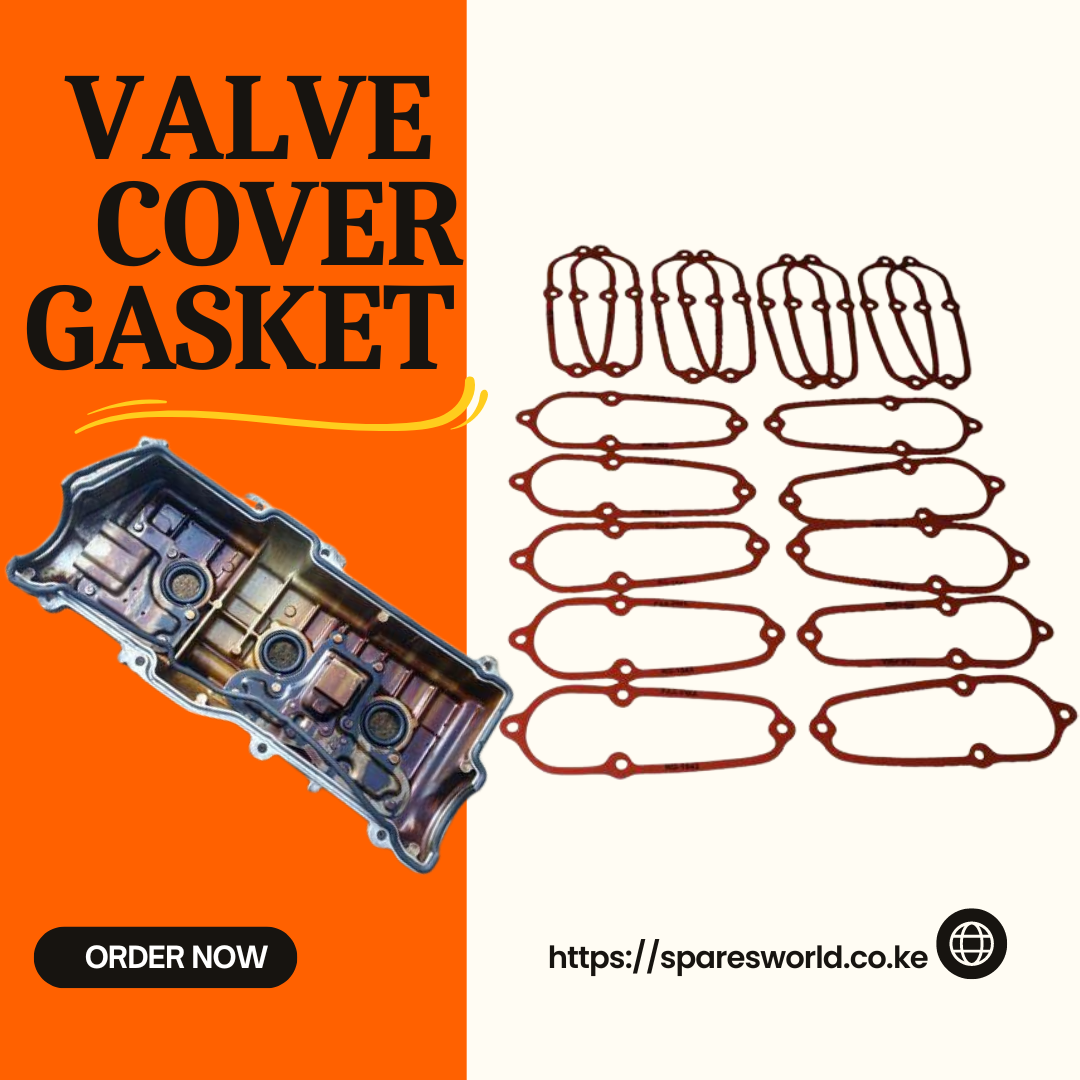Common Causes of Valve Cover Gasket Failure

Uncover the hidden culprits behind valve cover gasket failure in your vehicle and learn how to extend the life of your engine.
Understanding Valve Cover Gaskets and Their Function
Valve cover gaskets are essential components that seal the space between the valve cover and the cylinder head in an engine. Their primary function is to prevent oil leaks and ensure that engine oil circulates correctly, lubricating all necessary parts. A well-functioning gasket maintains the integrity of the engine's oil system, which is crucial for optimal engine performance and longevity.
When a valve cover gasket fails, it can lead to significant issues, such as oil leaks, reduced engine performance, and potential engine damage. Understanding the role of the valve cover gasket can help in identifying problems early and taking appropriate action to prevent extensive damage.
The Impact of Engine Heat on Gasket Integrity
Engines generate a considerable amount of heat during operation. Over time, this heat can cause the valve cover gasket to degrade. The gasket material may become brittle, crack, or warp due to the constant expansion and contraction caused by temperature fluctuations.
Prolonged exposure to high temperatures can accelerate the wear and tear of the gasket, leading to potential oil leaks. It's essential to monitor engine temperature and ensure your cooling system is functioning correctly to mitigate the impact of heat on the gasket's integrity.
Oil Contamination and Chemical Degradation
Oil contamination is another significant factor that can lead to valve cover gasket failure. Contaminants such as dirt, debris, and sludge can accumulate in the engine oil, affecting the gasket material. Over time, these contaminants can cause the gasket to deteriorate and lose its sealing capabilities.
Chemical degradation can also occur when the gasket is exposed to various chemicals present in the engine oil and other fluids. These chemicals can break down the gasket material, leading to leaks and other issues. Regular oil changes and using high-quality engine oil can help reduce the risk of contamination and chemical degradation.
Physical Wear and Tear: Age and Material Quality
Like any component, valve cover gaskets are subject to physical wear and tear over time. The age of the gasket and the quality of the material used can significantly impact its lifespan. Older gaskets are more likely to fail due to prolonged exposure to harsh engine conditions.
The material quality of the gasket also plays a crucial role. High-quality gaskets made from durable materials are more resistant to wear and tear, whereas low-quality gaskets may fail prematurely. Regular inspection and timely replacement of old or worn gaskets can help prevent potential engine problems.
Preventative Measures and Regular Maintenance Tips
Preventative measures and regular maintenance are key to extending the life of your valve cover gasket. Regularly inspecting the gasket for signs of wear and tear, such as cracks or warping, can help catch issues early. Replacing the gasket at the first sign of trouble can prevent more significant problems down the line.
Maintaining proper engine temperature and ensuring the cooling system is functioning correctly can help reduce the impact of heat on the gasket. Additionally, regular oil changes and using high-quality engine oil can minimize contamination and chemical degradation, further extending the life of the gasket.

 Loading..
Loading..